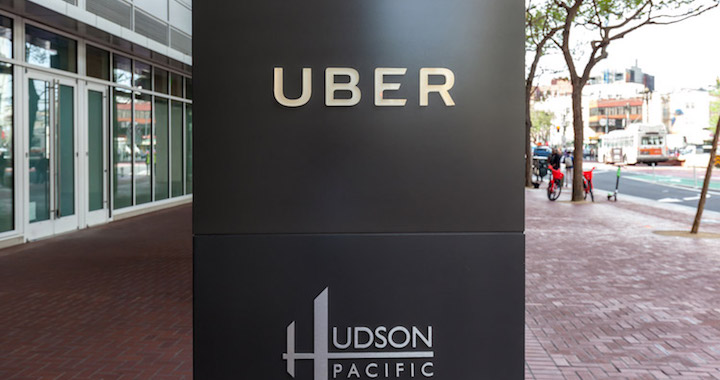On July 26, 2018, the California Supreme Court handed down a new ruling that the federal de-minimus rule has not been adopted under California wage and hour statutes and regulations. The federal de-minimus rule allows employers not to compensate employees for working a trivial amount of time (up to 10 minutes) each day without compensation if the time is administratively difficult to track. However, in this case, a Starbucks manager, alleged that he and other workers who performed store closing tasks were due wages for time spent working off the clock each shift, and the California court agreed.
The manager claimed that the staff who closed the stores had to clock out on the company’s computer before submitting sales and inventory data to headquarters, activate the alarm and lock up for the night. Under Starbucks safety policy, the manager also walked his co-workers to their cars. He alleged that this work was compensable, and equated to about 10 extra minutes each night.
The Court said that the state’s laws generally afford employees more protections than they receive under federal law. They have left open the question of whether federal de-minimum law could ever apply to wage and hour claims. For example, the court declined to answer whether an employee would have to be compensated for reading an e-mail alerting them of a shift change.
So, what does this ruling mean for your company?
You should review what tasks employees have to perform (if any) before and after they officially clock in or out for their shift. If there is regularity in terms of tasks that have to get performed to truly open or close down the business, you should figure out how that time will be captured in their paychecks. For more ideas how to adjust your time-keeping procedures or to analyze what is compensable time, please contact us.
The case referred to above is Troester v. Starbucks, Cal. No. S234969 (July 26, 2018).
